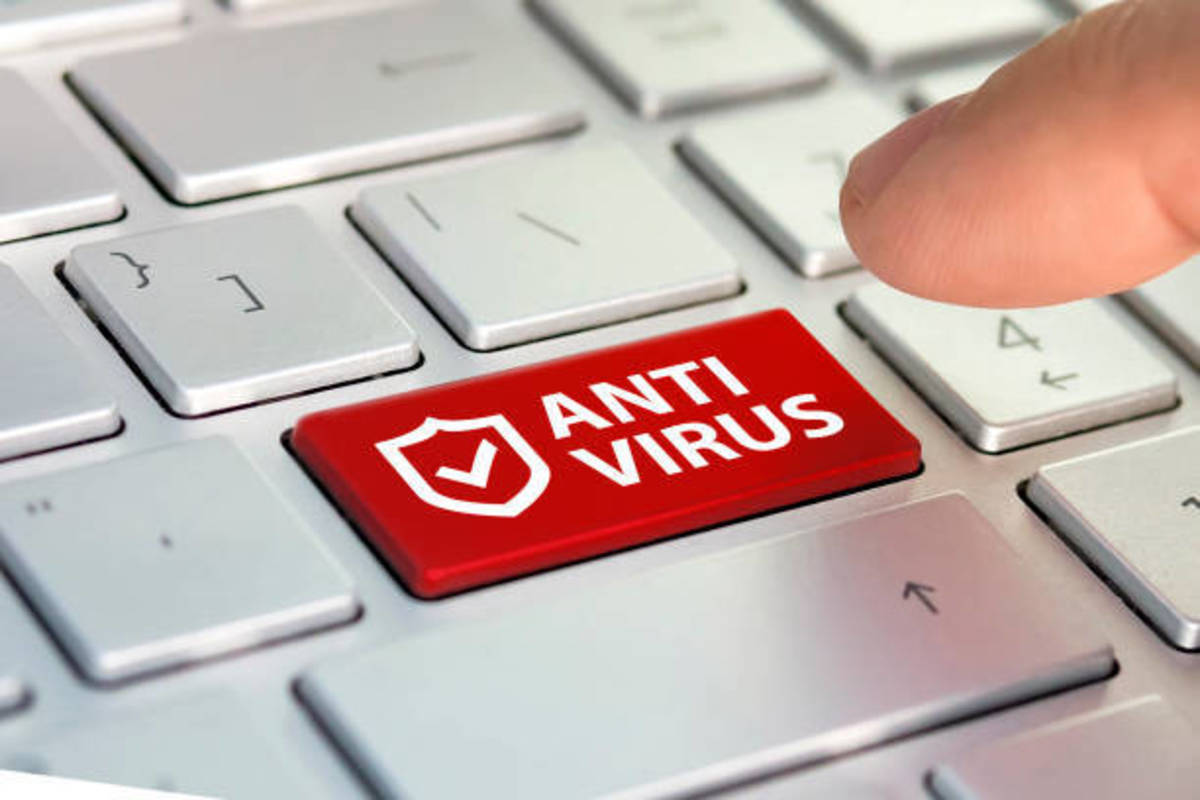Why Do I Need Antivirus Protection?
Antivirus software is designed to protect your computer from threats like viruses, spyware, malware, and more. A good antivirus can help protect you from being compromised by websites and email scams that attempt to steal personal information. If you are running a business, it is essential that your computers are protected from malicious activity. Just as you have an insurance policy on your home or car, computer protection should be part of any risk management strategy. What type of computer protection do I need? There are many different types of computer security products available today. Each one serves a specific purpose in protecting your computers and data from threats online. Your needs will depend on what kind of activities you conduct online, who has access to your computers, and how sensitive they may be. Some common security products include firewalls, anti-virus software, anti-spyware programs, and other related services such as backup systems or cloud storage solutions. Most businesses start with basic computer protection like anti-virus software but may end up needing additional services depending on their specific needs.
Which Types of Viruses Are There?
The term virus is actually a broad umbrella, used to classify an array of damaging software including Worms, Trojans, and Spyware. In fact, most modern antiviruses contain components to protect against many other types of malicious software that isn’t technically considered a virus. Many people think antiviruses are built specifically to protect against viruses—they’re not! If you need extra protection from viruses or other types of malware on your PC, look into additional security options like antivirus software or anti-malware programs. Most PCs come with some form of antivirus preinstalled, but it’s important to know what type of program you have and how it works before purchasing another one. To get started, here are four things you should know about antivirus software before buying it:
How Did These Viruses Infect My Computer in the First Place?
Some viruses are spread by email, through downloads, or by infected USB drives. All of these, of course, require that you have an Internet connection and a computer operating system vulnerable to malware. If you keep your software up-to-date and avoid downloading random files from unverified sources, you should be able to minimize your risk of infection. Still, some may still slip past even your best prevention efforts. In those cases, an antivirus program can do a good job of detecting and eliminating common threats before they can do much damage on their own.
Signs Your Computer Is Infected
If your computer has been infected, you’ll notice one or more of these symptoms:
Your browser settings have changed without you changing them. Your antivirus software seems to be ineffectual. Files on your computer are disappearing or getting replaced with blank ones. You see pop-ups that ask you to click OK (but clicking OK does nothing). Your Internet connection suddenly stops working, regardless of whether it’s a wireless network or cable. If you suspect your computer is infected, run a full system scan and make sure to delete any malware found.
What Can I Do to Protect My PC From Malware Attacks and Viruses?
The best thing you can do to protect yourself from malware attacks and viruses is use a good antivirus software. These programs are designed to detect and remove malicious code, guarding your computer against any virus that tries to infect it. Because of constant updates to these security tools, it’s important that you always have an up-to-date antivirus software running on your computer. If you don’t already have one, there are several free options available as well as paid versions that provide more features than basic protection. Whatever option you choose, be sure to keep it updated so you have maximum protection from today’s threats.
Most Popular Antivirus Software
While there are many antivirus software options out there, most personal computer users go with one of these four programs:
Norton Antivirus McAfee Antivirus Plus Kaspersky Antivirus Avast Antivirus
This isn’t surprising given that they have been rated some of the best security products available. Keep in mind that different versions are designed to work with different operating systems and devices, but if you’re unsure about compatibility it may be worth paying a small fee to download a trial version first. (This is also an easy way to make sure it works properly before making an investment.) If you’re looking for something more affordable and effective than what these top brands offer, there are several other companies that offer high-quality antivirus protection at an affordable price—just remember to do your research before buying! As technology advances, it becomes increasingly important to protect your PC from computer viruses and online scams. A quality antivirus program is one of the best ways to stay safe when using computers connected to public Wi-Fi networks.
Conclusion
Antivirus software for your computer is a must. There are many, many viruses and other pieces of malware that you need to protect yourself from when you’re online. Antivirus is one of those things you can’t do without—especially if you’re using an internet-connected computer, which most people these days are! An antivirus solution might be overkill if your only concern is to protect against viruses, but they also provide a number of other features such as computer protection and security that make them worth having no matter what your specific threat level is. This content is accurate and true to the best of the author’s knowledge and is not meant to substitute for formal and individualized advice from a qualified professional. © 2022 Patrick M
